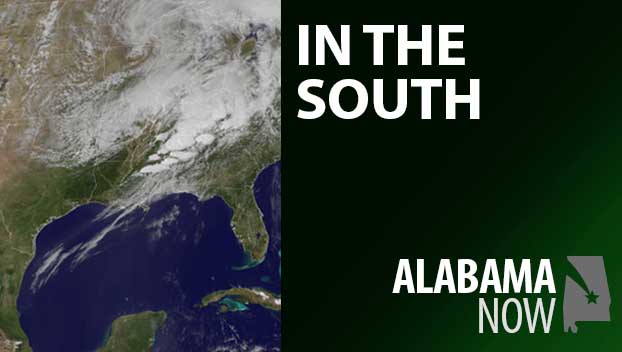Alabama’s neighbor plans to spend billions on broadband access, advocates say it’s not enough
Published 6:18 am Tuesday, February 6, 2024
Mississippi’s plan for spending $1.2 billion in federal funds to expand broadband access does not ensure the neediest communities in the state will benefit, a coalition of statewide organizations alleged Monday.
At a news conference at the state Capitol, groups focused on broadband equity and Democratic lawmakers said the state’s five-year plan won’t do enough to make internet access more affordable, even though only one-third of Mississippians have access to affordable broadband.
The coalition called for the Broadband Expansion and Accessibility of Mississippi office — the state entity created to manage billions in grant dollars — to ensure impoverished communities in the Mississippi Delta would benefit from the federal windfall and develop more plans for addressing racial disparities in broadband access.
Trending
“BEAM’s current strategy and approach would benefit wealthy and well-resourced communities, leaving poor and unserved communities in the same or worse state that they’re in today,” said Vangela M. Wade, president of the Mississippi Center for Justice, a nonprofit legal group focused on racial and economic justice.
The coalition also said state leaders haven’t met often enough with locals in the Mississippi’s most disenfranchised areas.
Wade said her organization reviewed data BEAM has made public about its outreach efforts. Only a quarter of the agency’s community meetings have occurred in majority-unserved communities, residential locations that do not have access to high-speed internet. Additionally, BEAM has held over 60 community engagement meetings across only 18 communities, leaving out some of the most disconnected areas, the coalition said.
The frequency of the meetings and where they are located shows the state plan “presents a preference for internet companies’ concerns over Mississippi communities’ concerns,” the Mississippi Center for Justice said in a public comment document reviewed by The Associated Press.
In a written statement Monday, Sally Doty, BEAM’s director, said the office has held meetings in numerous areas around the state, including those near unserved areas.
“Obviously, the areas that are unserved are in the more rural areas of Mississippi. These areas often do not have the facilities to host a meeting with appropriate facilities,” Doty said. “Thus, our office may have held meetings in nearby communities at locations recommended by local stakeholders.”
The agency’s five-year plan includes initiatives to increase broadband access through infrastructure updates, job training and digital skills courses at schools.
Among the 50 states and the District of Columbia, Mississippi ranks the 45th worst for internet coverage, according to the research group BroadbandNow. Mississippi established BEAM after Congress passed the Infrastructure Investments and Jobs Act, which allocated almost $42.5 billion for states to administer grant programs to shore up broadband access.
Democratic state Sen. John Horhn, of Jackson, said BEAM should ensure minority contractors win some of the grant money.
“Every time we look up where there’s a resource generated in this state or given to us by the federal government, Mississippi finds a way to subvert the purposes or the intentions of that money,” Horhn said. “Not only do want service in our communities, we want to be a part of the deliverance of the service.”




